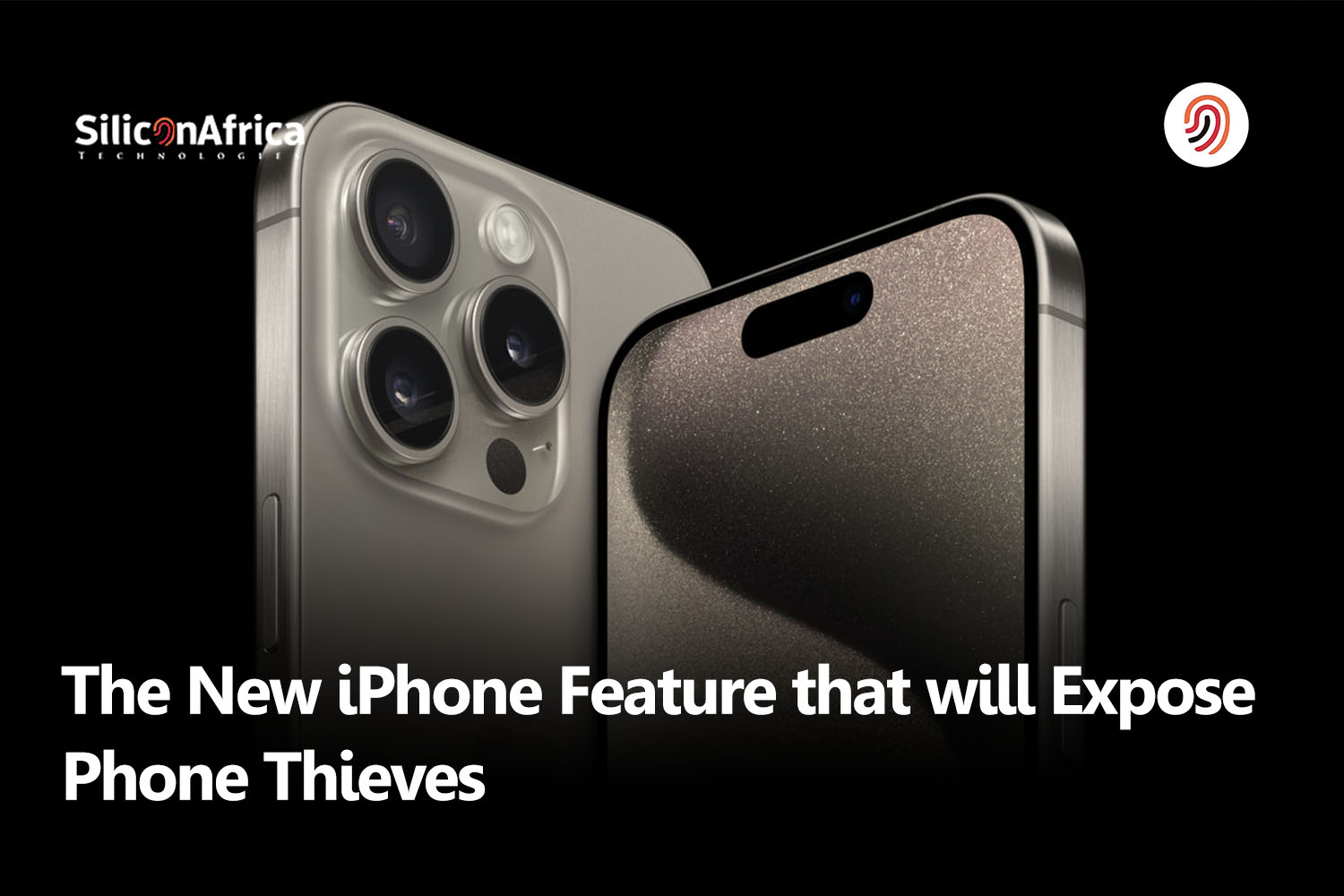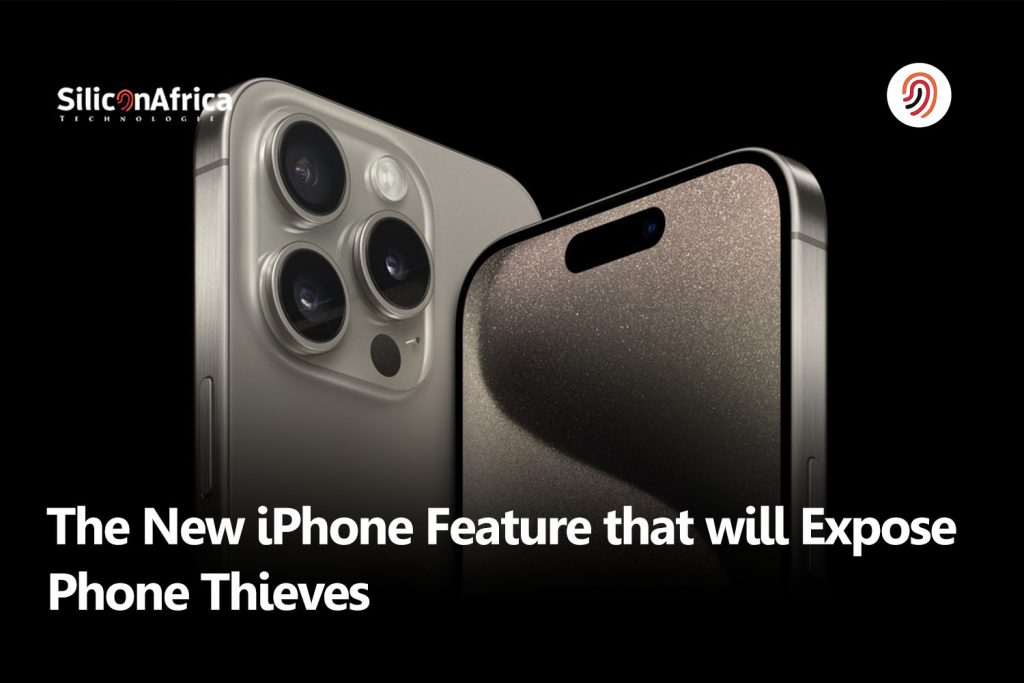Newsletter Subscribe
Enter your email address below and subscribe to our newsletter

Apple iPhone iOS 17.3 introduces a fantastic feature called Stolen Device Protection for iPhones. It’s designed to add an extra layer of security and prevent thieves from accessing your accounts. Let me give you a rundown of how it works.

When someone tries to access or change sensitive settings on your iPhone, Stolen Device Protection kicks in. For example, if they attempt to access passwords stored in Apple’s keychain, they won’t be able to unless they also provide a fingerprint or use the phone’s face recognition to prove they’re the rightful owner.
This feature is a game-changer in the fight against phone theft. We’ve all heard stories of stolen phones, and it’s a real concern. With Stolen Device Protection, your social media accounts, passwords, and financial data are better protected. And the best part? You don’t have to do anything to enable it—it’s already included in the iOS 17.3 update.
Here’s how it works: When your iPhone is not in a familiar location, like your home or workplace, Apple adds extra limits to certain settings. So if someone manages to unlock your phone, they won’t be able to change those settings without using Face ID or Touch ID. This means that even if a thief gets hold of your phone and knows your passcode, they won’t be able to make any changes unless they have your biometric information too. And that’s not something that’s easy to clone or replicate.
It’s great to see Apple taking proactive steps to enhance security and protect our data. Cybersecurity experts have praised this move, as it provides an additional layer of protection alongside passcodes. So, I highly recommend enabling Stolen Device Protection—it’s a simple yet effective way to safeguard your valuable information.
When someone tries to access the passwords you’ve stored in iCloud’s keychain or use payment methods saved in Safari, Apple will introduce extra checks to ensure your security. These checks will also be triggered if someone attempts to turn off Lost Mode, erase your phone, use your phone to set up a new Apple device, apply for a new Apple Card, view your Apple Card’s virtual number, or transfer money with Apple Cash.
But wait, there’s more! Apple goes the extra mile by implementing a second layer of checks for even more sensitive information. If your phone is not in a familiar location, Apple will add a one-hour “security delay” after using your biometrics. Once this hour is up, your biometrics will be required again to make any changes to the settings.
This one-hour delay applies to various actions like changing your Apple ID password, signing out of your Apple ID, updating Apple ID account security settings, removing a trusted device, removing Face ID or Touch ID accounts, changing your iPhone passcode, resetting your settings, disabling the Find My tool, and turning off Stolen Device Protection. By adding this delay, Apple aims to hinder a potential thief’s ability to quickly take control of your phone or online accounts. It’s an appreciated layer of security that gives you peace of mind.
Apple’s increasing reliance on biometrics, such as Touch ID and Face ID, demonstrates their confidence in these technologies. Over the years, Apple has gained a decade of experience with biometrics on millions of devices, and their trust in these methods continues to grow. In the past, passwords or passcodes were the fallback option when biometrics failed. Now, with this new feature, the roles are reversed, showcasing Apple’s greater trust in biometric technologies. It’s a step towards a future where passcodes may become secondary to biometrics.